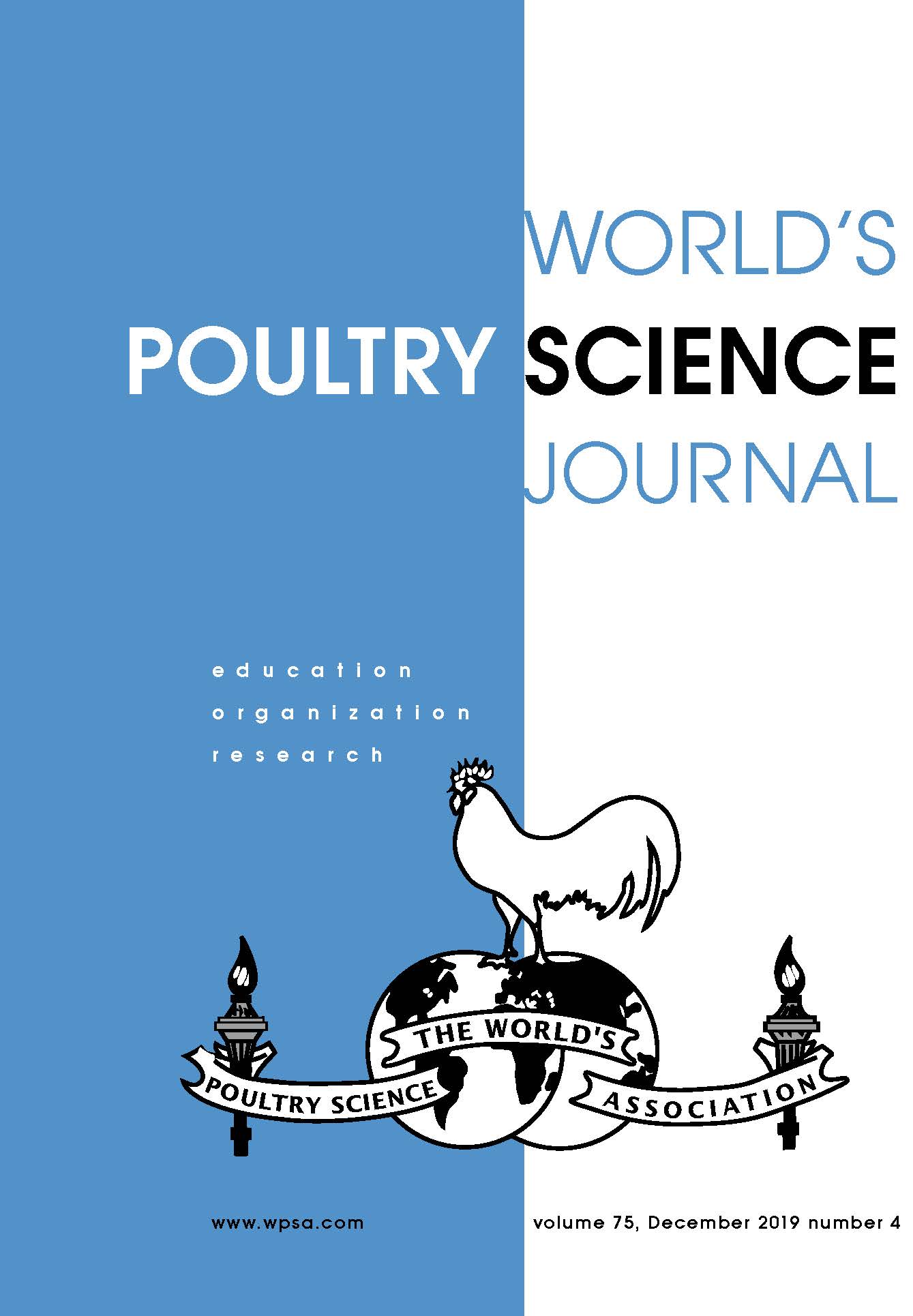Article contents
Diagnosis and control of Newcastle disease in developing countries
Published online by Cambridge University Press: 26 November 2012
Abstract
Newcastle disease (ND) continues to be a problem in many developing countries. Successful disease control and diagnosis is often difficult because of a lack of biosecurity at farm level, cost-effective field-based diagnostics and seromonitoring tests. The use of fixed chicken red blood cells has been reported to be useful for haemagglutination (HA) and haemagglutination inhibition (HI) tests to avoid the cumbersome process of regular blood collection and processing of cells. However, virus isolation and biological characterisation or molecular tests such as polymerase chain reaction followed by sequence analysis are still essential for rapidly pathotyping the epizootic virus isolates. The demonstration of Newcastle virus (NDV) along with case history and clinical signs is of diagnostic importance in unvaccinated flocks. Monoclonal antibodies are not always very effective. The need for the collection of suitable specimens has been reviewed in this study. The disease is mainly controlled by using live vaccines when vaccinating the flock. The live virus vaccines persisting in the poultry house environment seem to be gaining virulence. Efficacy of the vaccine to be assessed reflects the immune status of the vaccinated birds. Filter paper sampling method of sample collection and HI test are reported to be successful for large scale seromonitoring programmes. This review concentrates on different diagnostic tests and their usefulness under field conditions for rapid identification of the disease so that control measures can be implemented at an early stage.
- Type
- Review Article
- Information
- Copyright
- Copyright © World's Poultry Science Association 2012
References
- 1
- Cited by


